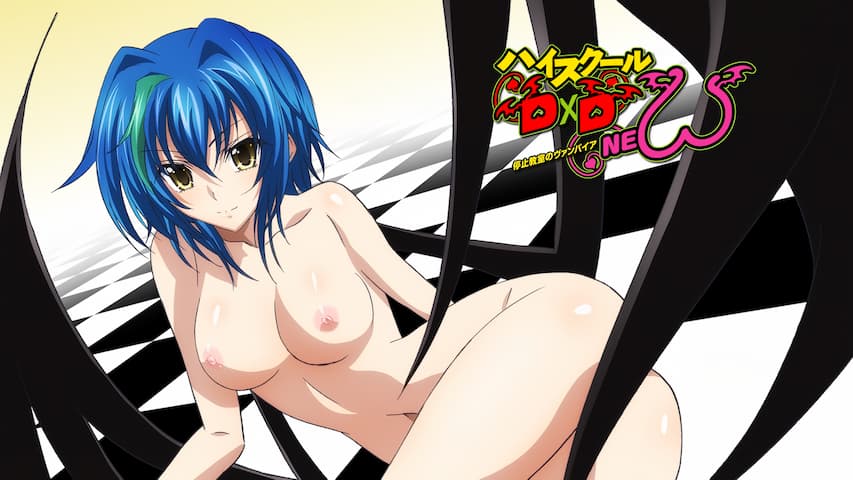The Promised Neverland Season 2: Was it really that bad?

Ach ja, around a week ago, I was finally able to finish the Promised Neverland manga, so it was only a matter of time before I took a look at the the anime adaptations infamous second season. Spoilers ahead.
As of the time of writing this post, season two of The Promised Neverland is able to present itself with a 5.43 rating on MyAnimeList, while the first one lies comfortably in the top 100 best ranked anime with a rating of 8.57. Dropping more than 3 points in just a single season is almost a record in itself, so what exactly happened that one year’s most beloved anime becomes another year’s worst?
Let’s get the elephant in the room out first. In terms of adapting the TPN manga, the anime’s second season falls completely flat on its face. The first season had some problems too, skipping over a lot of internal monologue and thus weakening the heavy mind game aspects prevalent in the first season, but the second season is a different case entirely: Not adapting several arcs, one of which is universally considered the best of the series, rewriting the context around them and filling it with new content and concluding everything with an anime semi-original ending. As a manga reader, this was pain and reading the anguished tweets while it aired made me unsure of whether to even bother to watch it in the first place.
But that is not what I want to talk about. While there is obvious value in comparing the adaptation and its source material, I am also of the believe that an adaptation should be able to stand on its own, changes included, and be given the opportunity of being judged on its own merits as well. So, how was it? Well… it was fine, I guess.
I was actually positively surprised by its first episodes. Production was still going strong (let’s ignore the ugly 3D monster for now) and the directing kept the shots interesting to look at. I also appreciated the faster pacing. It skips over the escapees struggle to survive outside of Grace Field House, but did I never felt the need for it to be shown, as it was later iterated upon on several occasions, one of which is after their meeting with Mujika and Sonju, which in the anime already occurs at the end of episode one. I also feel like the pacing of the manga could have been a tad faster at times, so this change is actually welcome.
I am also a fan of some of its added original content, like the group trying to catch these fish-blobs for food and especially some of the monsters perspective and struggles. The Promised Neverland makes it abundantly clear that the monsters also suffer under their situation, so seeing the problems of common monsters helps to sell this idea. On the other hand, maybe half of the added original content is to its own detriment. Isabella being tasked to find the children leads literally nowhere and ends with her just becoming the grandmother, like in the manga and Vylk may be a nice character, but is his inclusion mostly a plot device to bridge character motivation.
Though, what really kills the second season is its pacing. After the halfway point, the second season really tries to speed through all of its content and it gets especially bad, since it also has to connect several plot points as a result of skipping material. There is no real weight behind the reveal that Norman is alive, since he is already on his way to proceed with his plan. All the Lambda characters do not get enough screen time to reason and justify their motivation and seem to come out of nowhere. Peter Ratri, instead of being this menacing force that loomed over the children for most of their journey, gets revealed at the very end and is dealt with as fast as he came into the picture, making him basically forgettable, instead of a grand final antagonist. Fleshing the characters out more and letting them have time to breath certainly would have made their appearance more worthwhile, though is it not the solution for everything.
For example, Norman’s character was kind of ruined. Why would the calm and calculating genius do something so obviously out of character that it immediately backfires? Like, come on! This is the guy that outsmarts several groups to cause a coup d’état in the manga! His decision to use violence is portrayed in a really dumb way, especially since the now reworked conflict has a very easy and peaceful solution, so his disagreement with Emma seems really stupid. Almost as stupid as pulling a literal “Martha” Batman v Superman-style. I know what they tried to reference with what is basically a merge of two different plots, but did it not work in the slightest.
Last big thing is the ending. It mostly follows the same structure as the manga: Everyone breaks into Grace Field House, they save the children left behind, the mothers and sisters rebell against Ratri and the monsters and everyone escapes into the human world… except not everyone escapes into the human world. If there is one thing I have to give credit to, it is the realization that none of the worlds problems were actually solved over the course of the second season. The Lambda and mass-production facilities still need to be closed or destroyed, the power structure responsible for everything still needs to be abolished and, though barely mentioned, the “Promise” still needs to be renewed. So Emma, Norman and Ray, as well as the Lambdas children, stay back and try to do all these things.
Oh cool, a tragic ending! I thought, since it still works with the whole family theme. We see a like 2-minute montage of most of the children now living in the human world and slowly growing up. Maybe not the most satisfying ending, but still good… but the episode was not done yet and the montage kept going. Back in the monster world and we see Emma and the others doing all the stuff they talked about before bidding goodbye. We see shots of the royal families and the capital, we see Emma making a new “Promise”, we even see Mujika’s coronation after everything is done. What a kick in the balls… Hey, here are all the things that could have been, but weren’t, lol. It is one thing to not include entire parts of the plot, but dangling it in front of our faces in the very last minute is just… cruel.
But the episode still isn’t over, as in the last few seconds, we see Emma and everyone else arriving in the human world and greeted by the children, meaning the tragic goodbye not only lasted, like, a few minutes, but is also immediately undone and holds no weight. This was unsatisfying to say the least and I doubt anyone, even if they haven’t read the manga, wouldn’t feel the same about it. Even by itself, the second season was flawed, but this ending really sells what it should have been, instead of what it is.
Is it a 5.43 rating bad? I mean, apparently yes, but do I also think that a good amount of the good parts of The Promised Neverland still shine through. It is by far not the worst thing I have seen and even if butchered is The Promised Neverland still fine. Disappointing, sure, absolutely, but still fine. However, I do not want to take away the anime community’s disappointment. They may make a mountain out of a molehill one too many times, but this time, there is at least a reason I can very much see as to why. So, was The Promised Neverland Season 2 really that bad? I mean, by itself, probably not, but the experience of seeing it unfold before your very eyes?.. probably.
One question dangling over my head remains, though: Why even try to adapt the rest of the story in just one season? We have already seen several other Shounen Jump properties being adapted season for season, most notably My Hero Academia and Demon Slayer, the latter one began publishing in the same year as TPN. Someone on Reddit crunched a few numbers and concluded that towards its end, The Promised Neverland was not that popular anymore, so it stands to reason that several seasons were not financially viable and it was decided instead to adapt everything left into a single second season. I think a lot of people actually would have been fine with a second season only adapting the next arc properly, but as to why this was not done is unknown. I mean, it’s probably a money reason, but speculating helps no one.
Related Posts
Comments
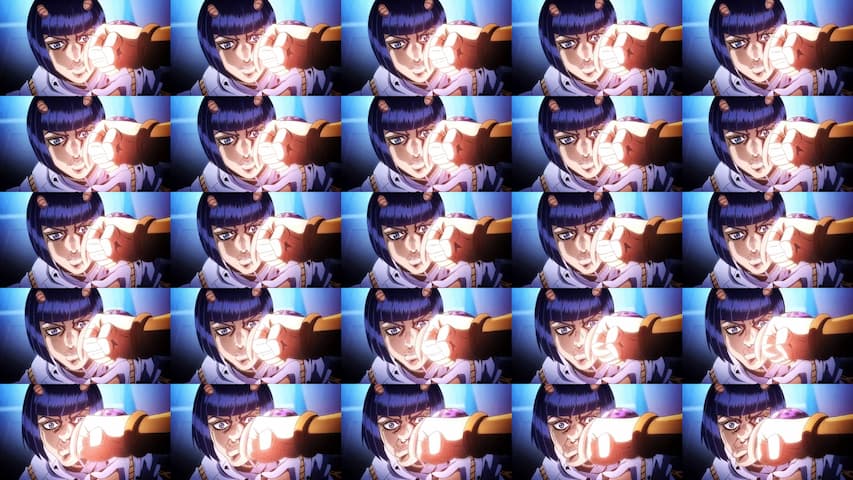
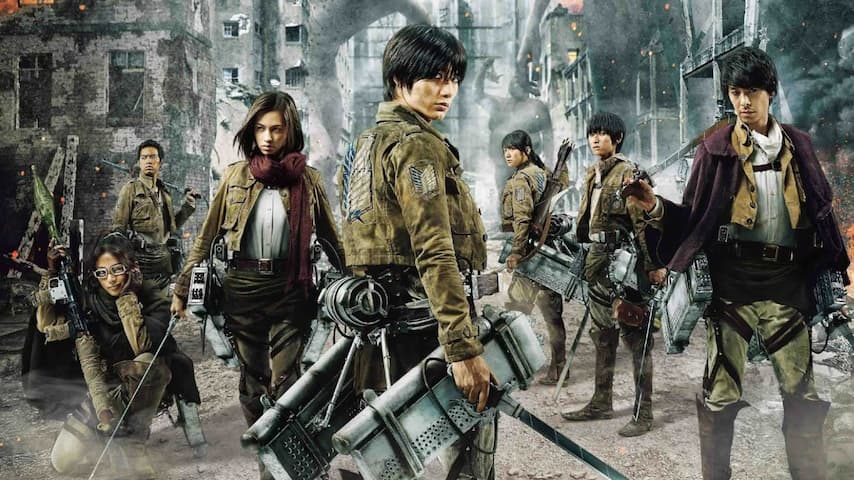


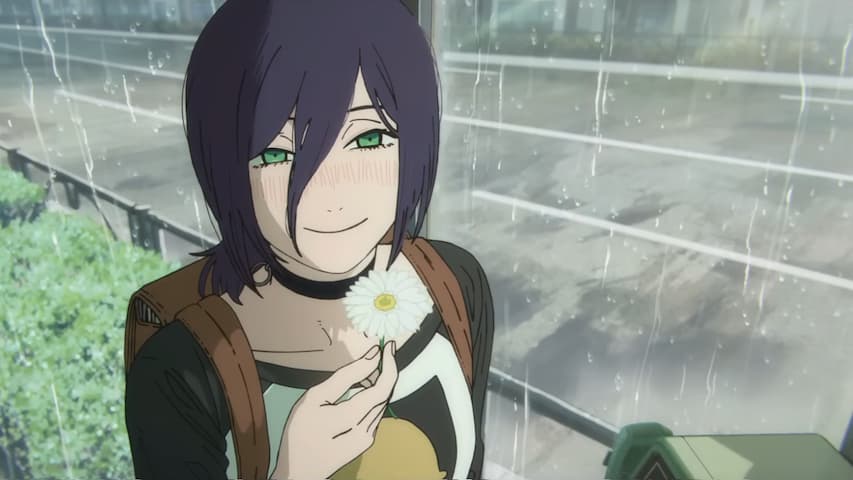
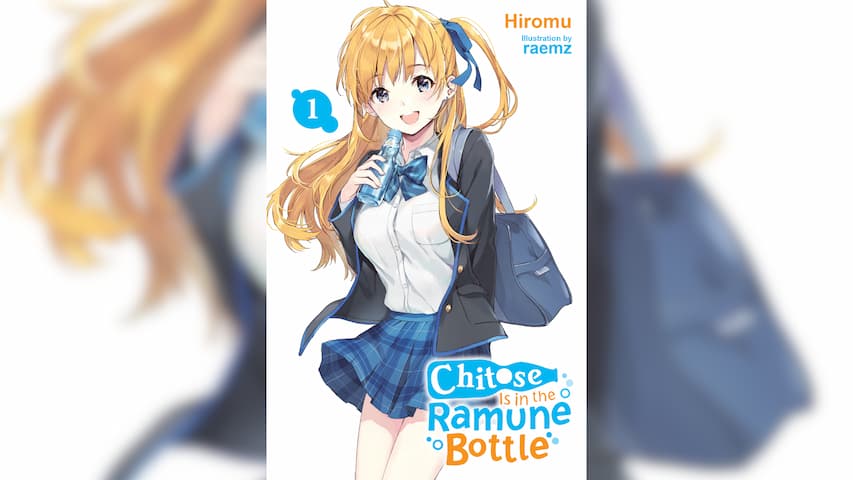
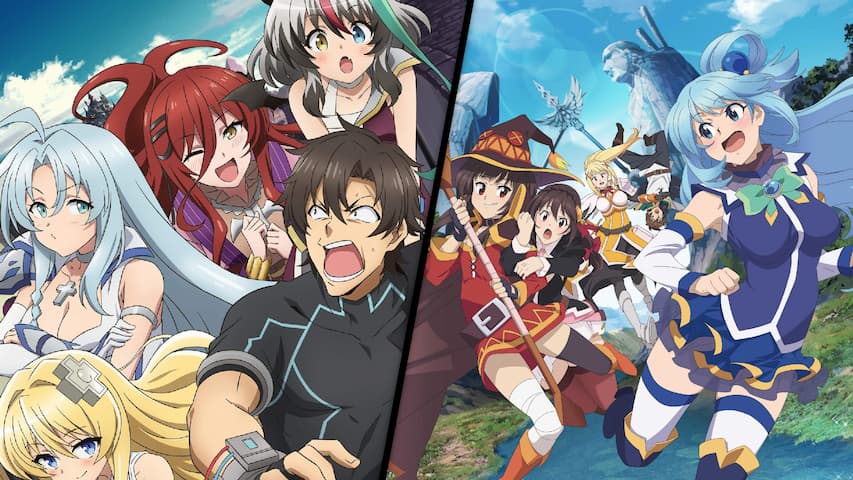
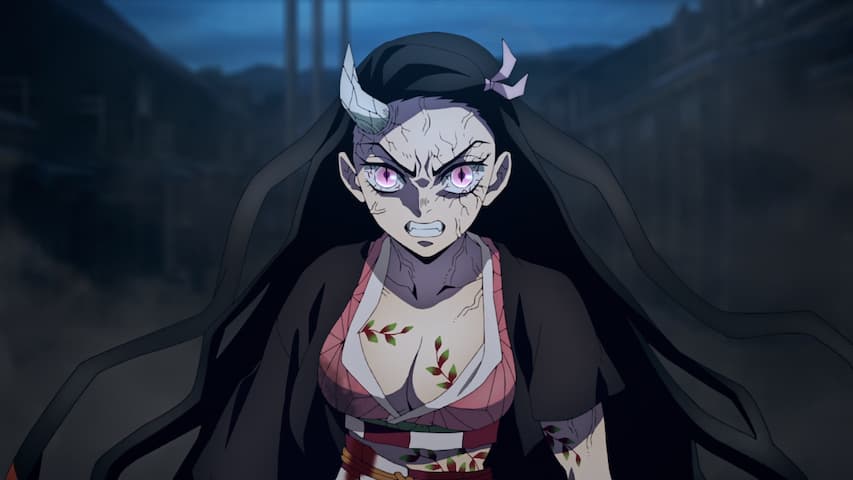

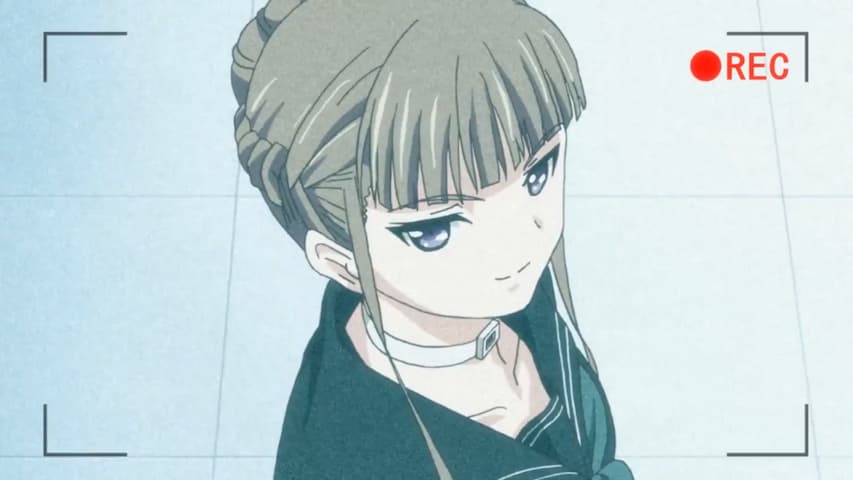
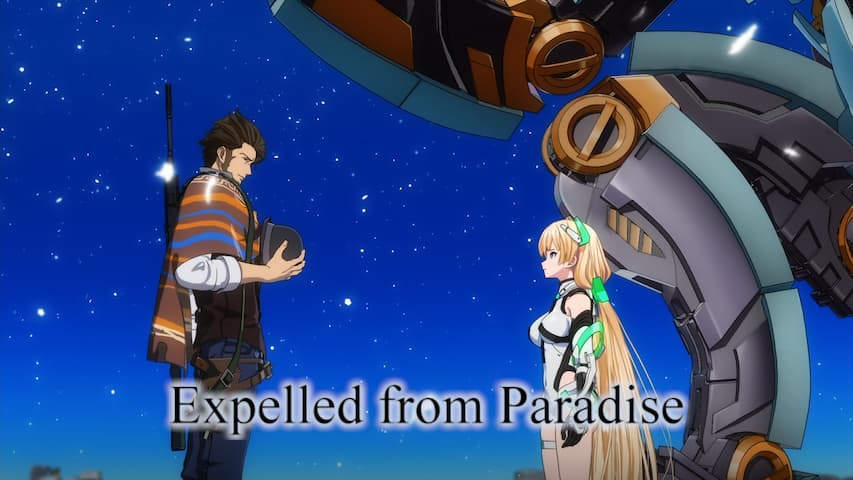
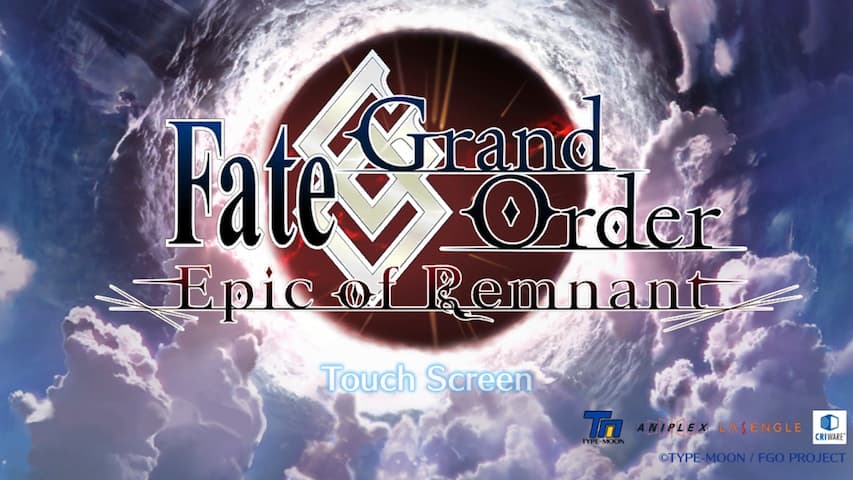
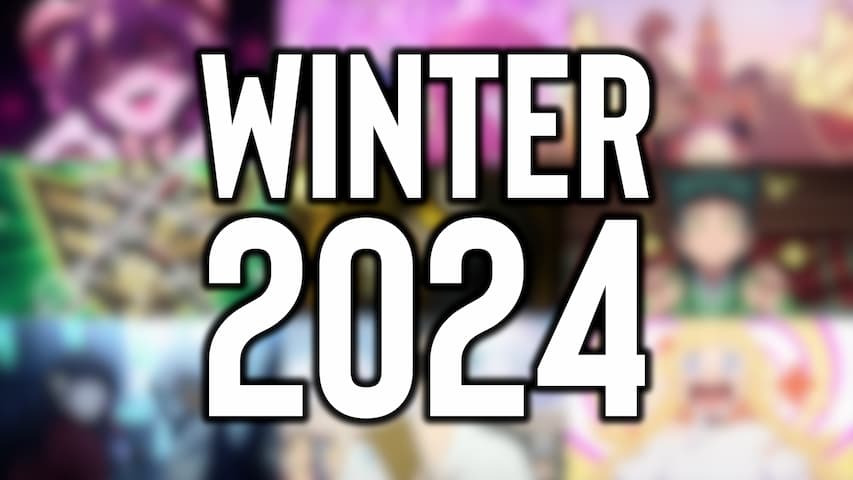
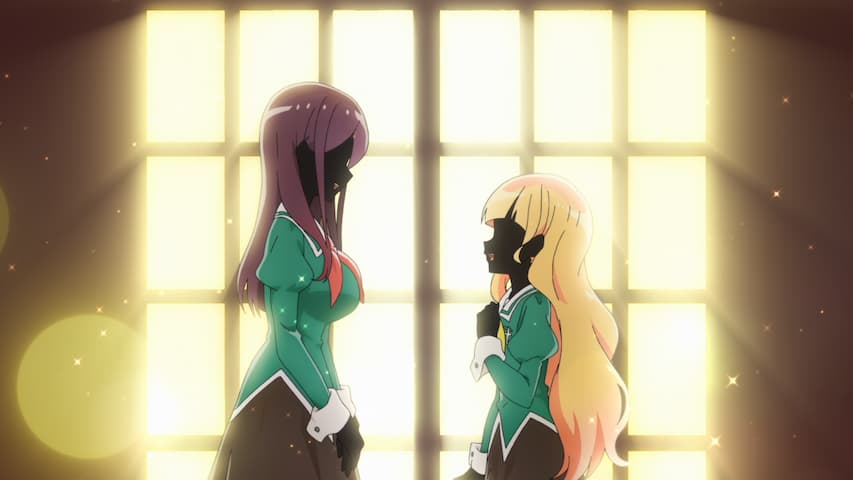
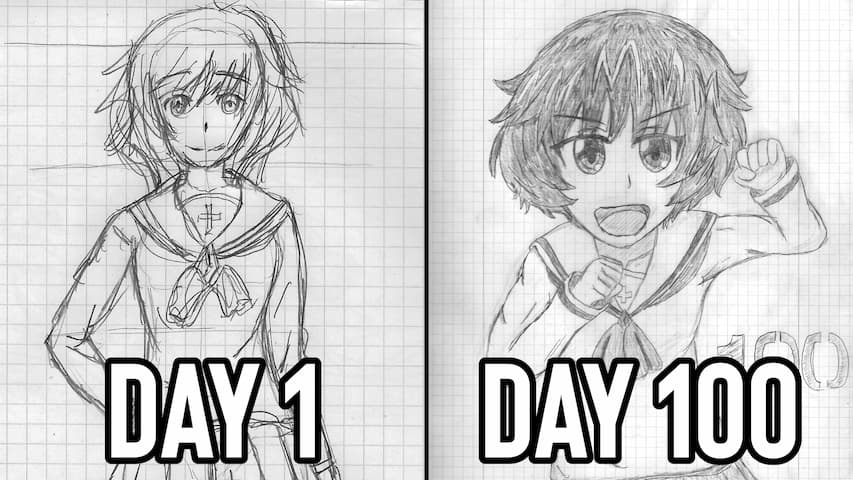
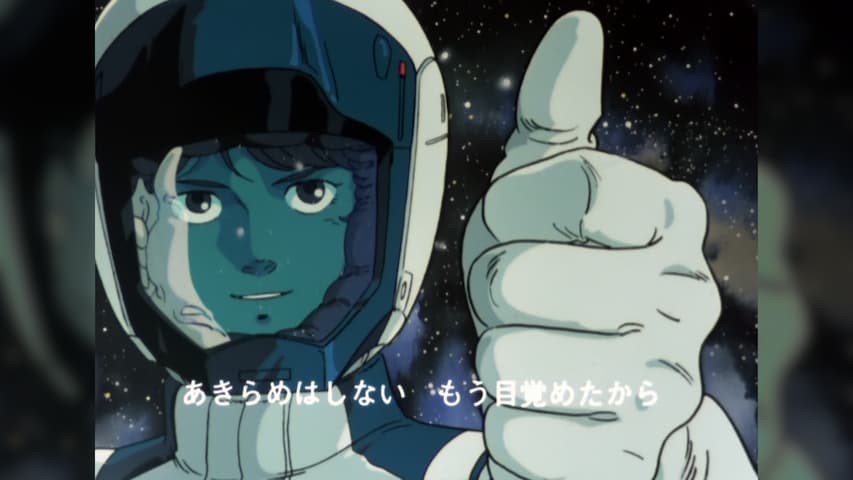

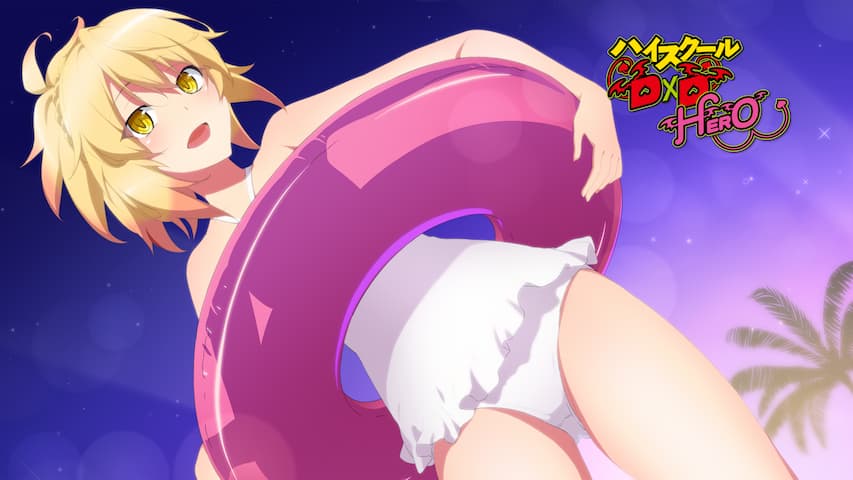
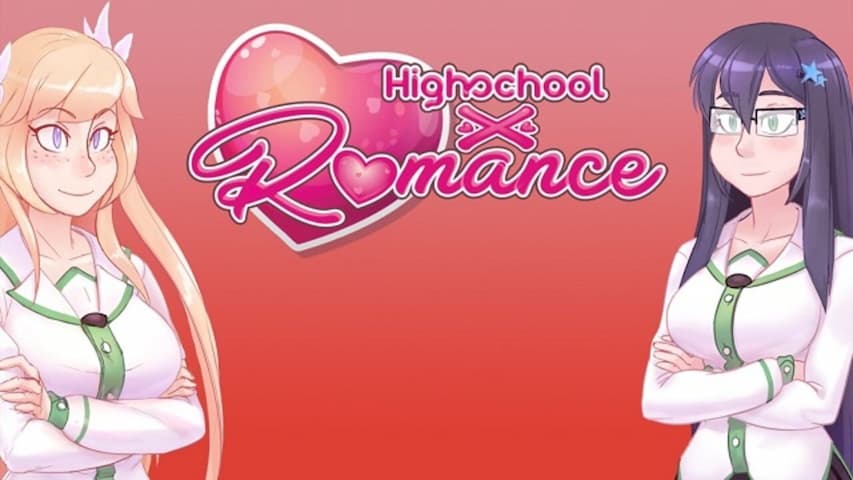
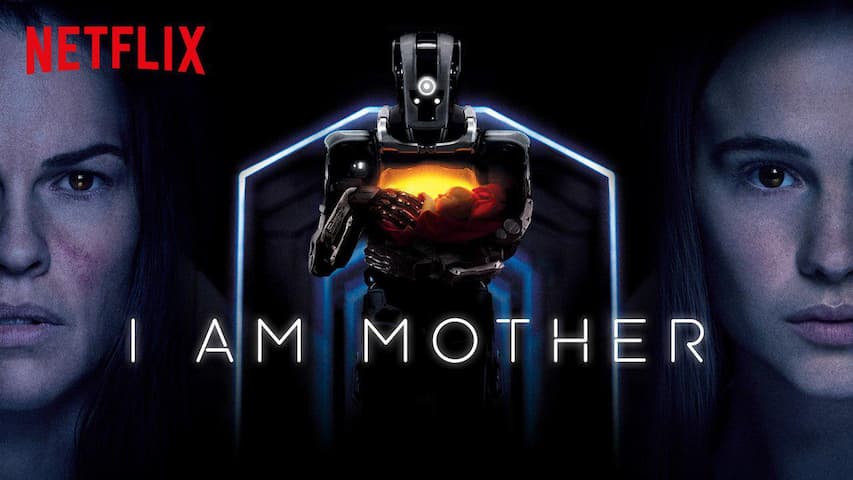
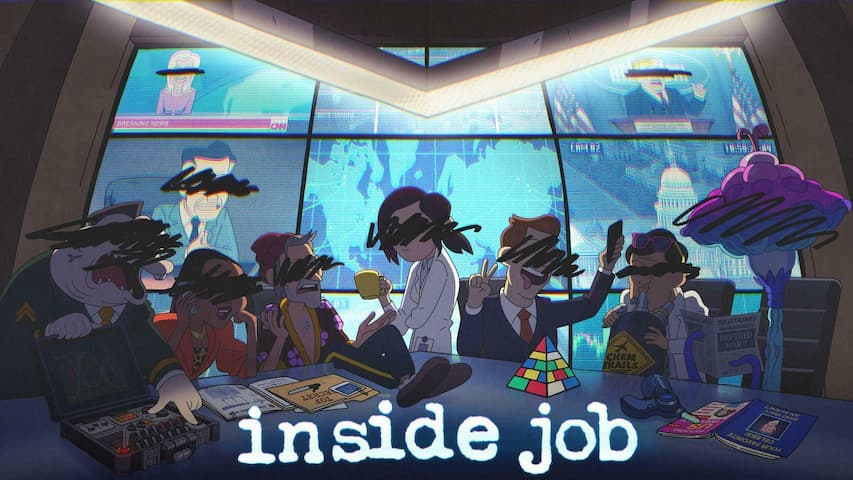
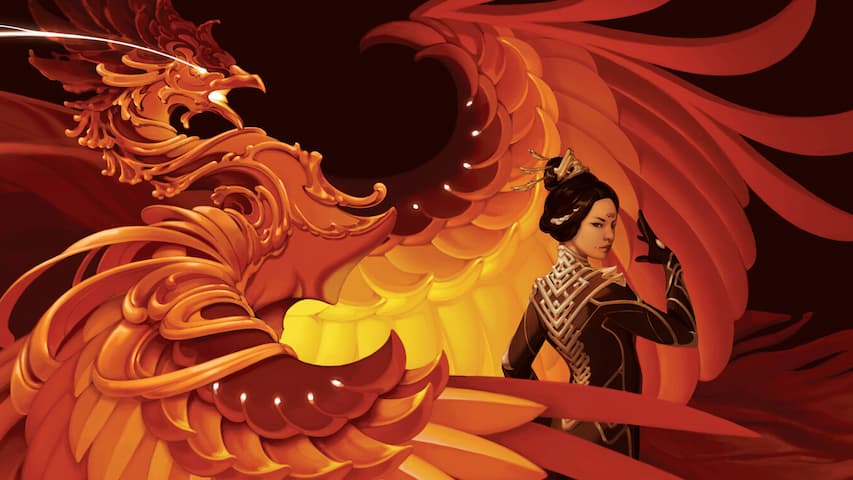
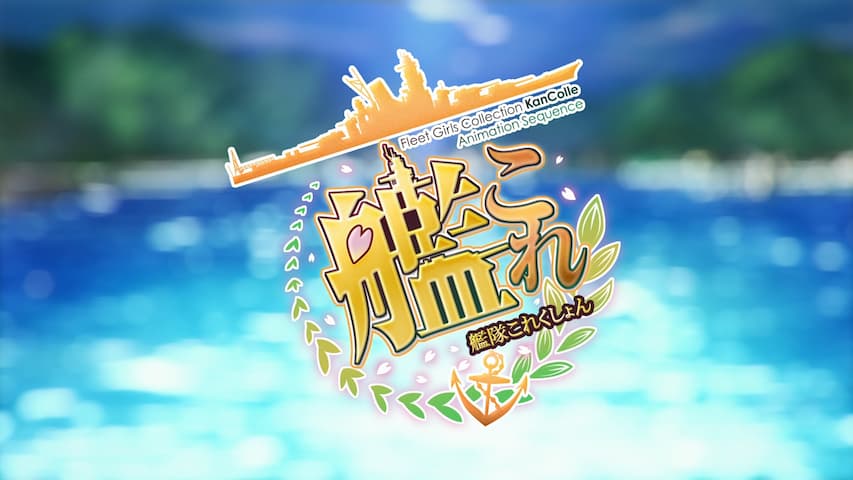
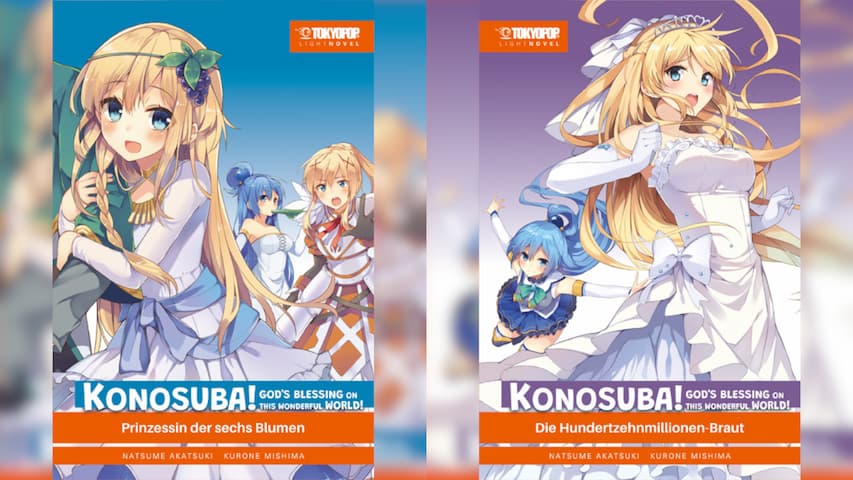
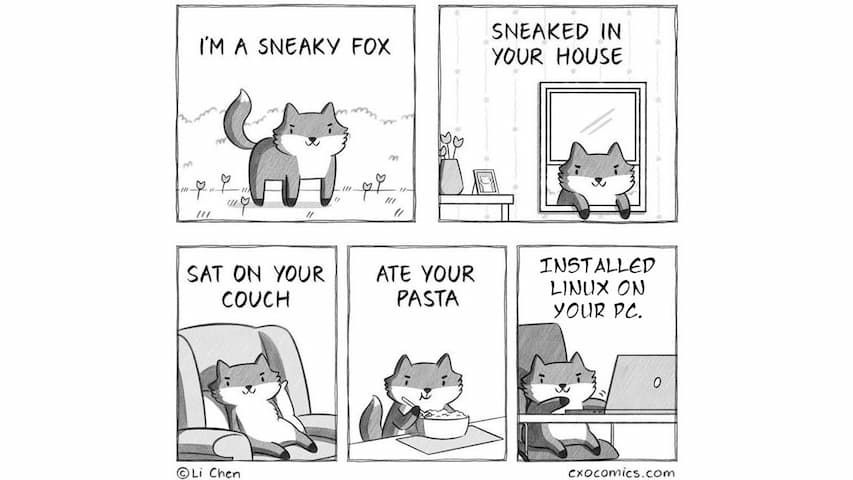
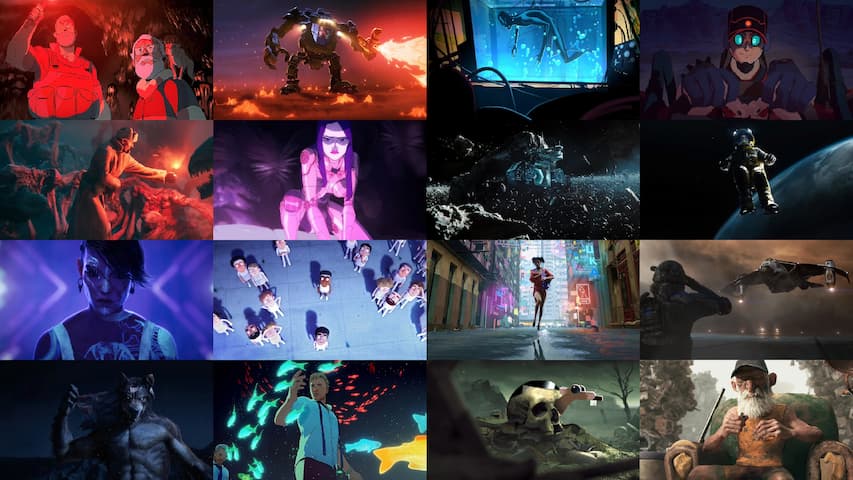
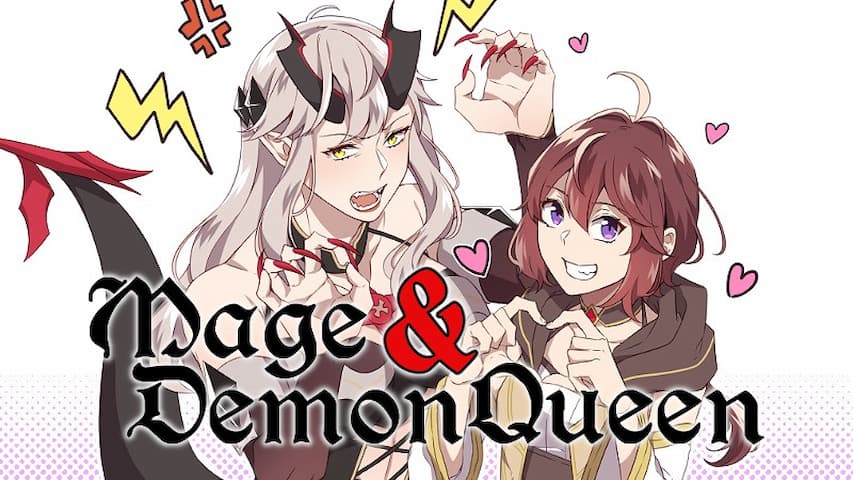
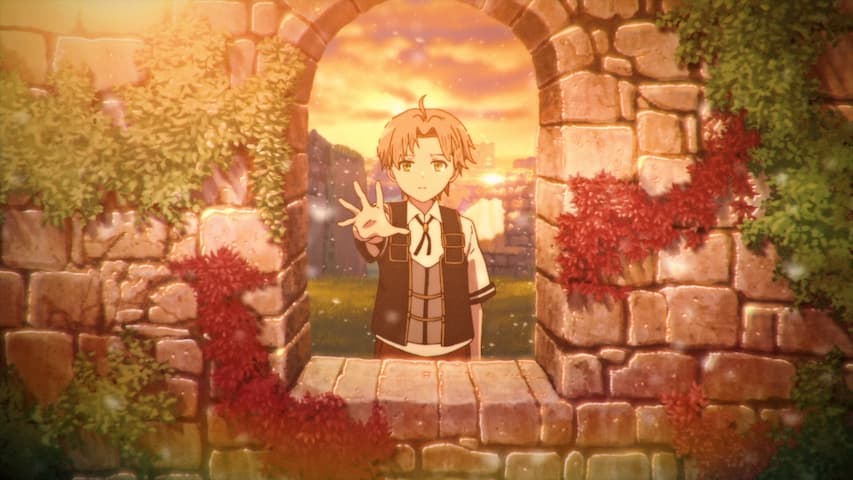

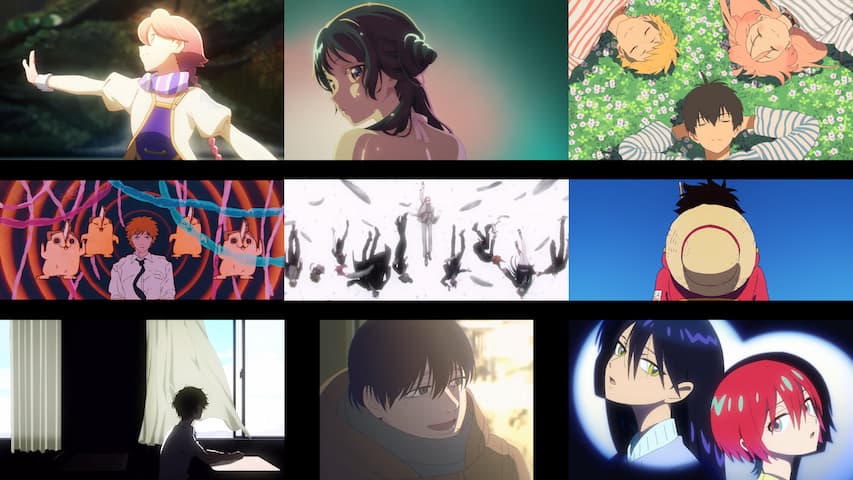
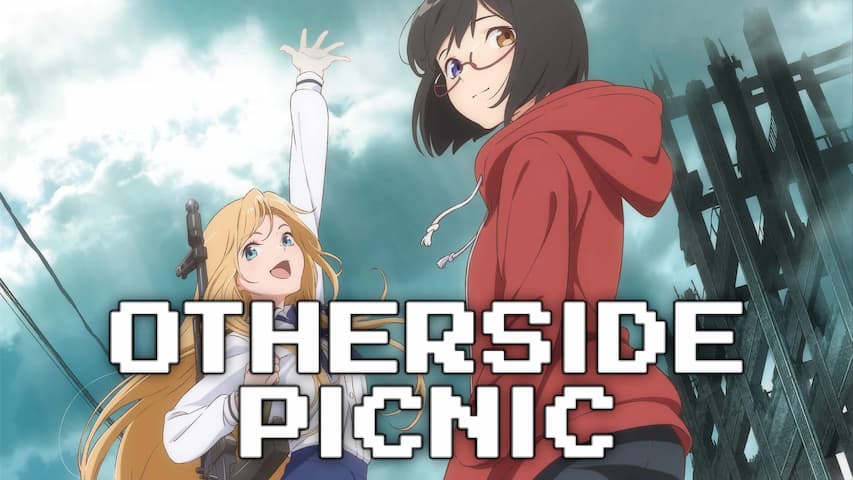
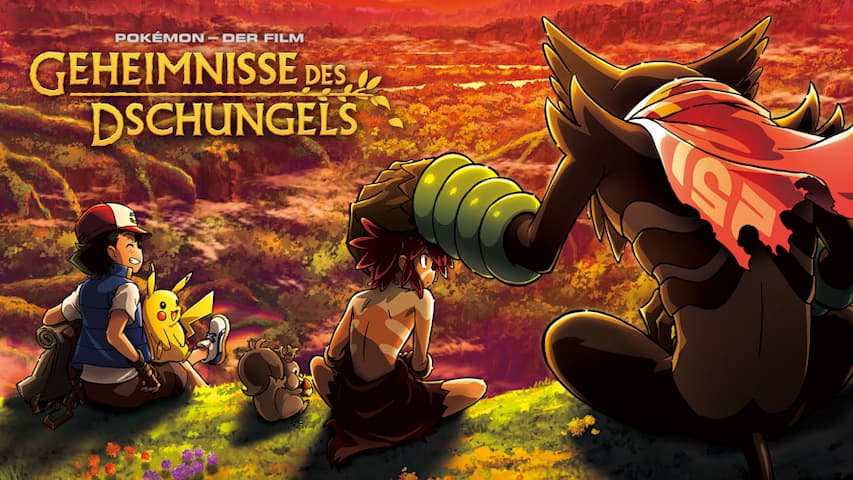
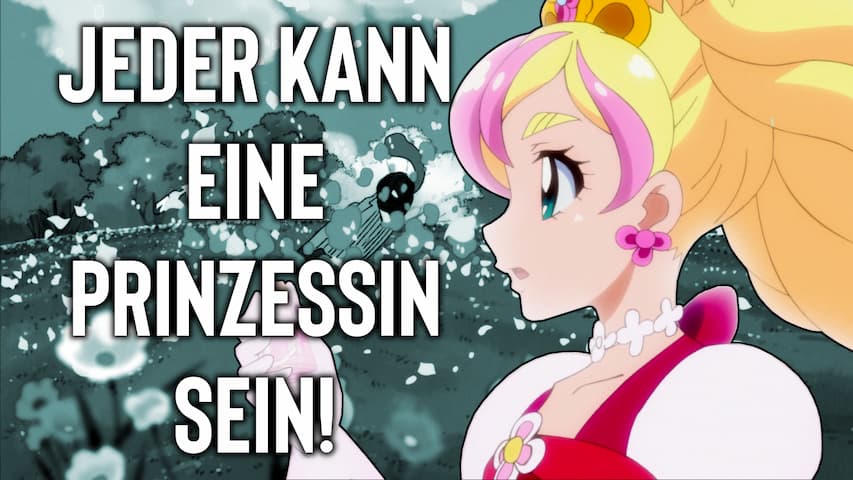
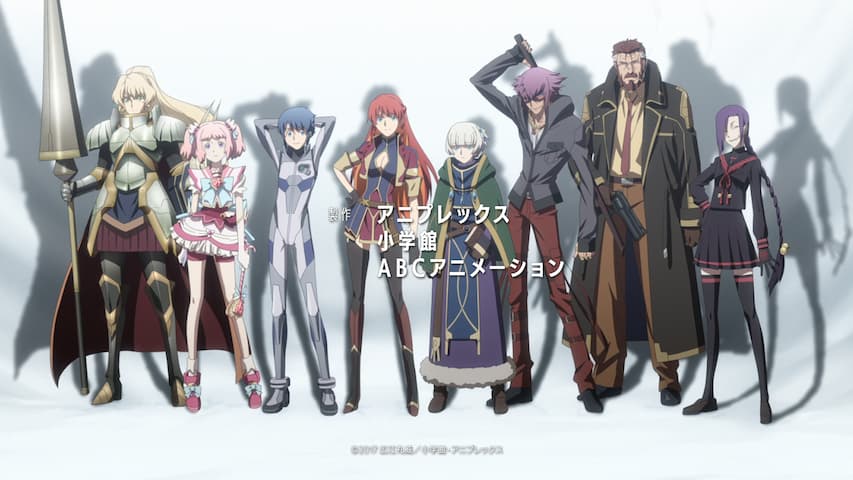
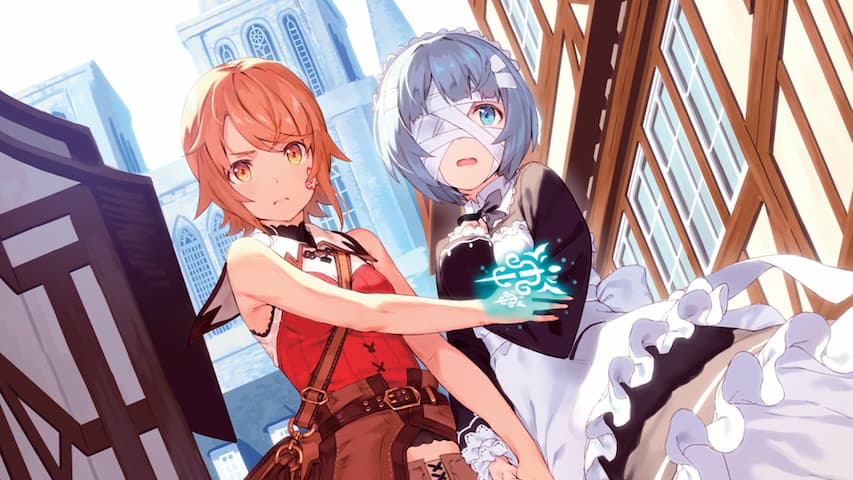
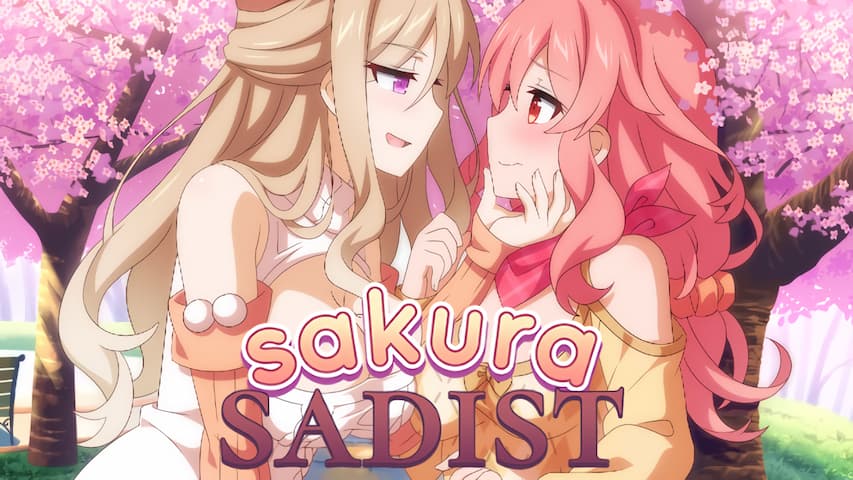
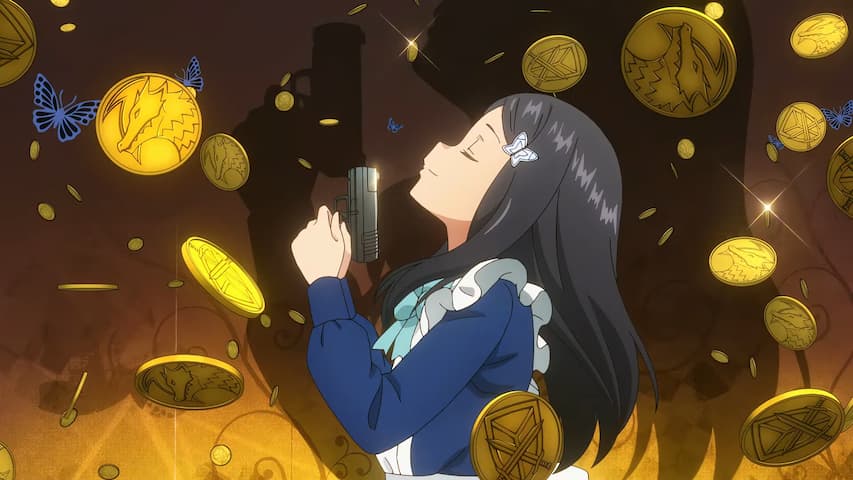

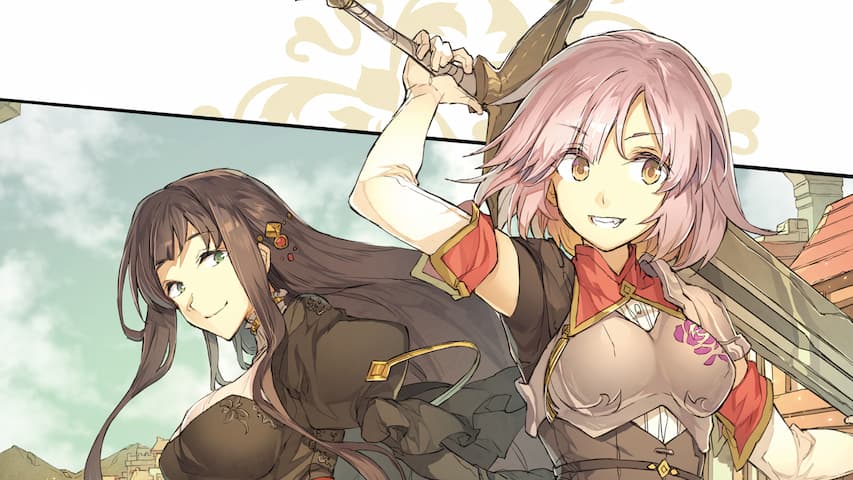

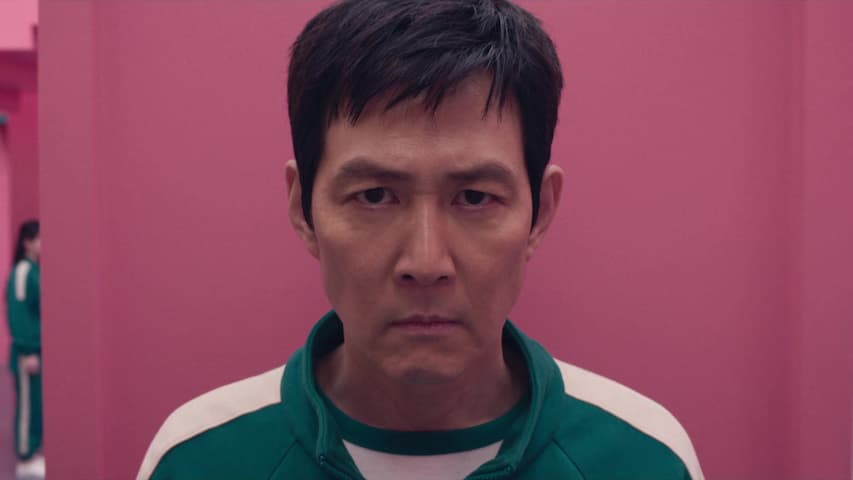
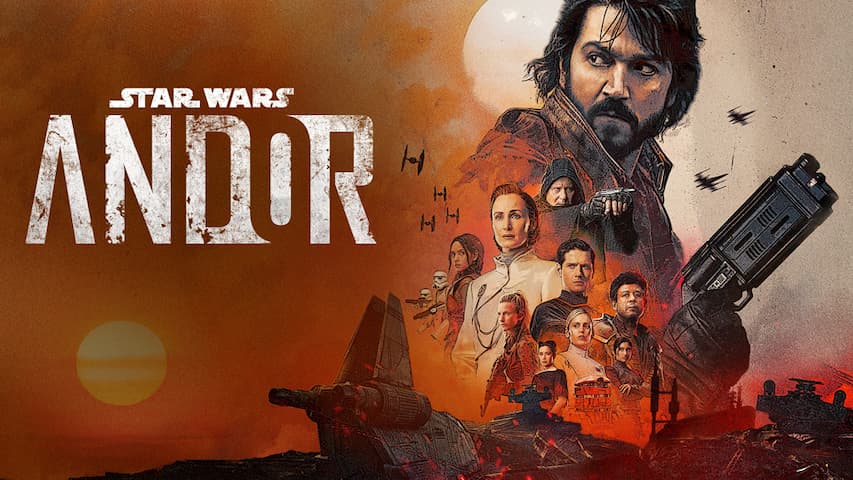
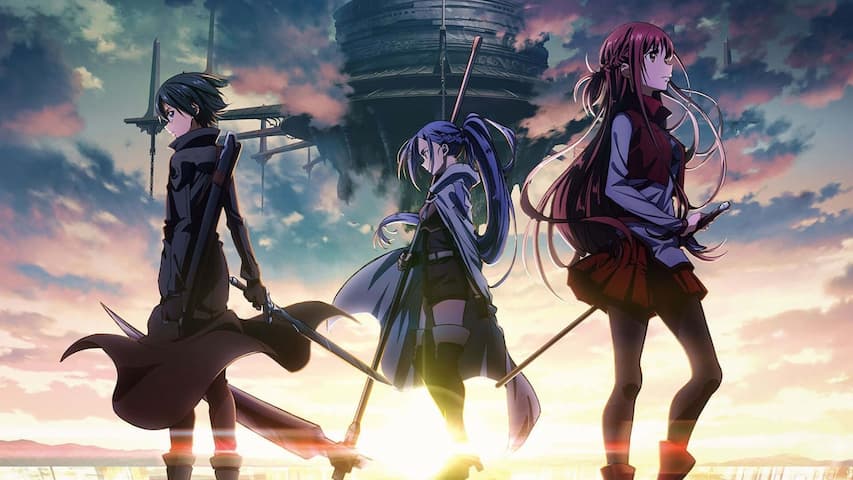
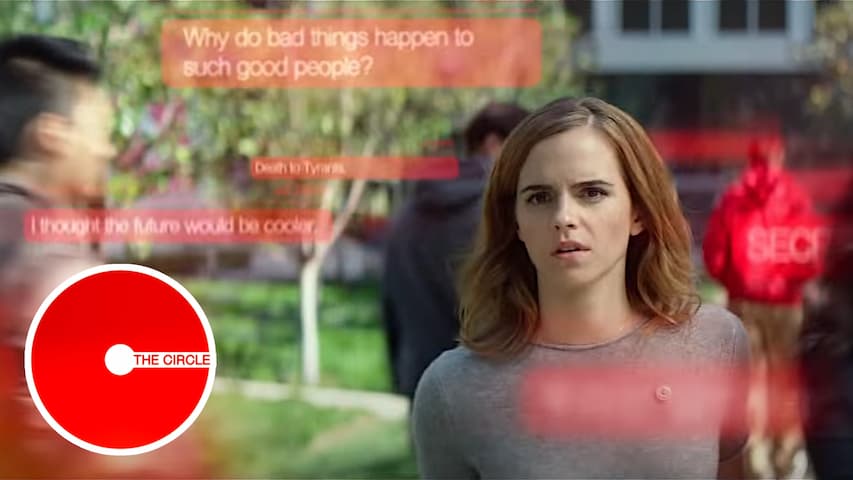
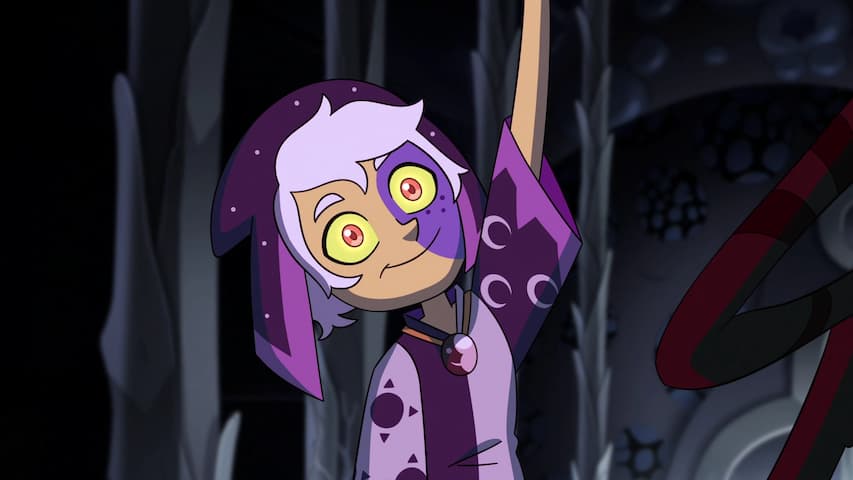
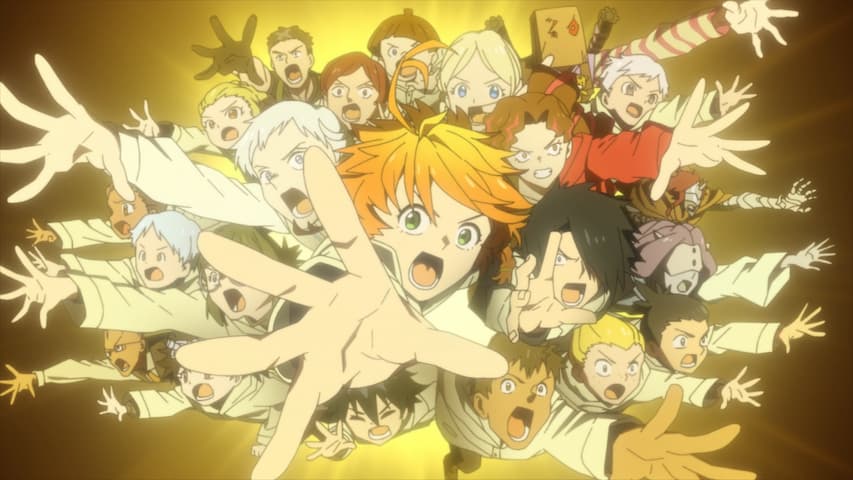

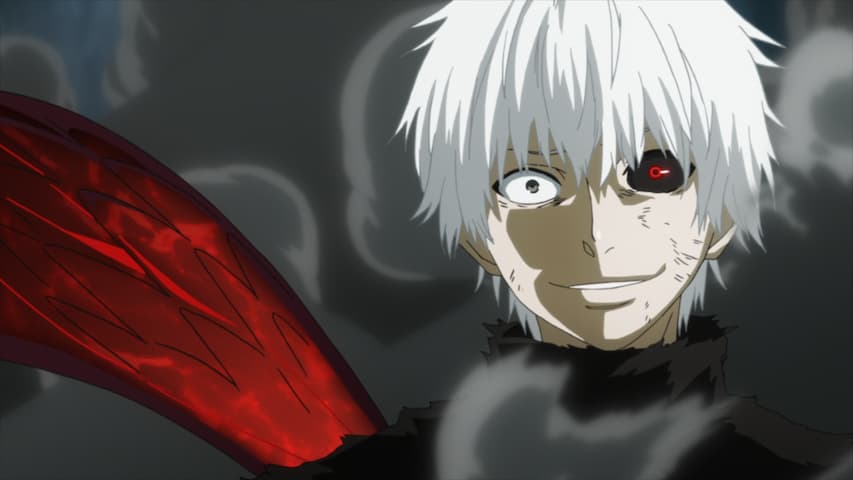

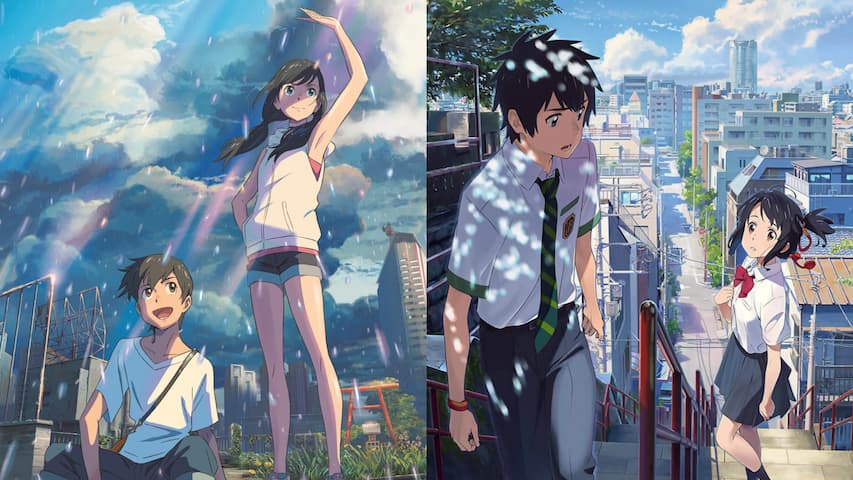
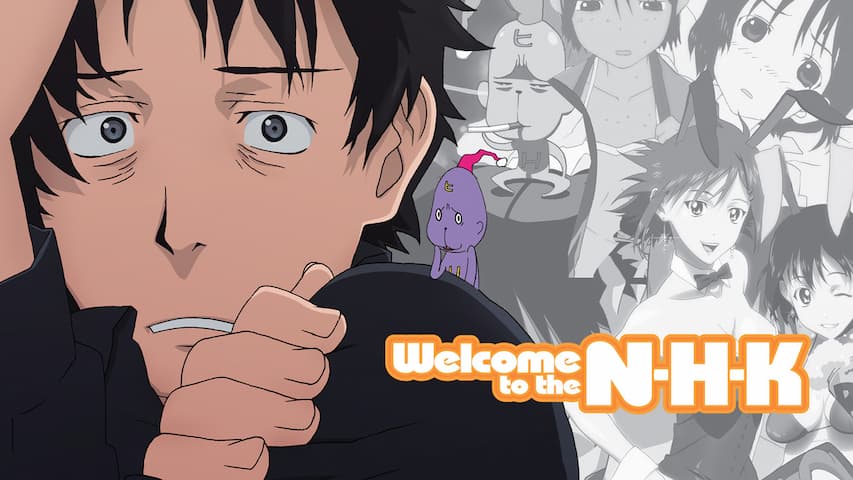



Recent Posts
2583 Words | February 8, 2026
2716 Words | December 28, 2025
3211 Words | December 12, 2025
1515 Words | October 30, 2025
7804 Words | October 3, 2025
